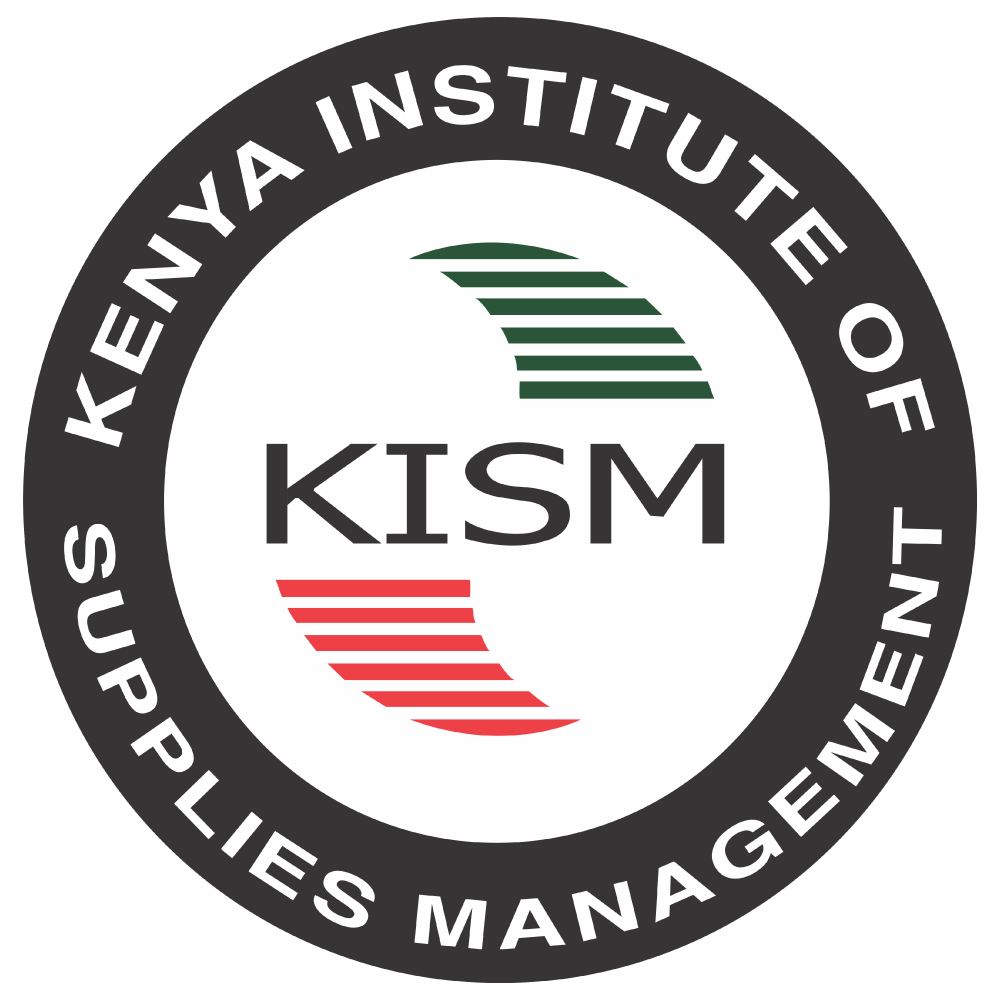SENIOR MANAGEMENT INDUCTION AND STRATEGIC PLANNING CONFERENCE
The Kenya Institute of Supplies Management (KISM) organized a Senior Management Induction and Strategic Planning Conference officiated by the Council on 22 – 23 May 2024 at the Lake Naivasha Resort in Naivasha.
The conference underscored the Institute’s commitment to excellence and continuous improvement in fulfilling its mandate as the leading professional body in procurement and supply chain management in Kenya. The main objective of the conference was to bring to speed the new leadership into an in depth understanding of the Institute’s mandates, governance structure, policies, procedures and strategic direction by assessing the status implementation of the Strategic Plan 2020-2024. Notably, the officers to inducted included the Chief Executive Officer, directors, deputy directors, and officers who held forte during the institute transition.
The Council led by the Chairman, Mr. John Karani underscored the vital role of teamwork in achieving KISM’s goal of being the Pan African Centre for Supply Chain Management. He emphasized on the need for fostering trust, creating a shared vision, and leveraging individual strengths within teams. The Council members outlined the critical role of committees in overseeing KISM’s operations and ensuring members are the institute’s top priority. “By assigning dedicated committees to handle these essential functions, KISM guarantees transparency, accountability, and efficient management, all to serve its members effectively.”
Highlights of the Council Committees
i) Registration Committee has the mandate to receive and approve applications for registration, grant practicing certificates and licenses, monitor compliance with professional standards, prescribe quality assurance regulations, and investigate members’ conduct.
ii) Disciplinary Committee receives and investigates complaints against supplies practitioners. It has the mandate to remove from the register, or suspend registration or, revoke practicing licenses of supplies practitioners, or impose fines.
iii) Finance & HR (Corporate) Committee provides oversight with respect to the financial, administrative, and human resource policies of the Institute. It formulates and makes recommendations on budgets, asset management, financial transactions, recruitment, and general management of staff-related issues
iv) Audit Committee has oversight over policies governing internal controls in all functions and processes. It develops audit strategies and enforces audit controls, reviews report on internal audits then advices on appropriate interventions.
v) Membership & Advocacy Committee oversees the development and promotion of membership services. It formulates policies regarding services that support the welfare and well-being of members.
vi) Legislative Committee ensures that the Institute complies with the law and conducts its functions within the legal framework. It represents the Institute and proposes amendments to legislation with respect to procurement and supply chain management. It plays an advisory role and may be consulted to interpret laws on issues that concern the Institute.
The CEO, Mr. Matiba emphasized on the power of a unified team and the need to create a clear vision, where everyone sees their role in the bigger picture to fuel the institute’s success. He stressed on the need of working together as one to ensures KISM remains a model institution, delivering exceptional service to all. “We endeavor to improve our business processes to enhance efficiency, equality, integrity and professionalism in service delivery.” He gave a highlight of the status report since assuming office.
i) Unlocked backlog of about 1,100 applications
ii) Dispatched 350 licenses out of the 500 finalized and signed. The balance of 150 will be dispatched in the coming week.
iii) Recorded a total of 637 new applications (435 new membership applications, 44 New upgrades, 158 New License Applications.)
iv) Appointed Internal Management Registration Committee to fast-track membership issues.
v) Enhanced Systems Reconfiguration & Customer Service to ensure that members are served promptly and professionally.
vi) Revamped various communication channels (enhanced social media engagement, weekly bulletin updates, stakeholder mapping done for strategic visibility and credibility of the Institute.)
vii) Operationalization of the KISM College. The first student intake is scheduled for
June 2024.
In conclusion, the team was challenged to consider the following next steps to ensure
that KISM becomes a model institution.
i) Identify opportunities to build stronger partnerships, both internally and
externally.
ii) Develop a comprehensive communication plan to improve transparency and
information flow throughout the organization.
iii) Evaluate and potentially revise KISM’s current performance management system to incorporate feedback from the members and other key stakeholders
iv) Implement strategies to build more effective and cohesive teams for continued success.
The conference culminated not just in the induction of new leadership but in a declaration of intent to be more members and stakeholders-centric.
